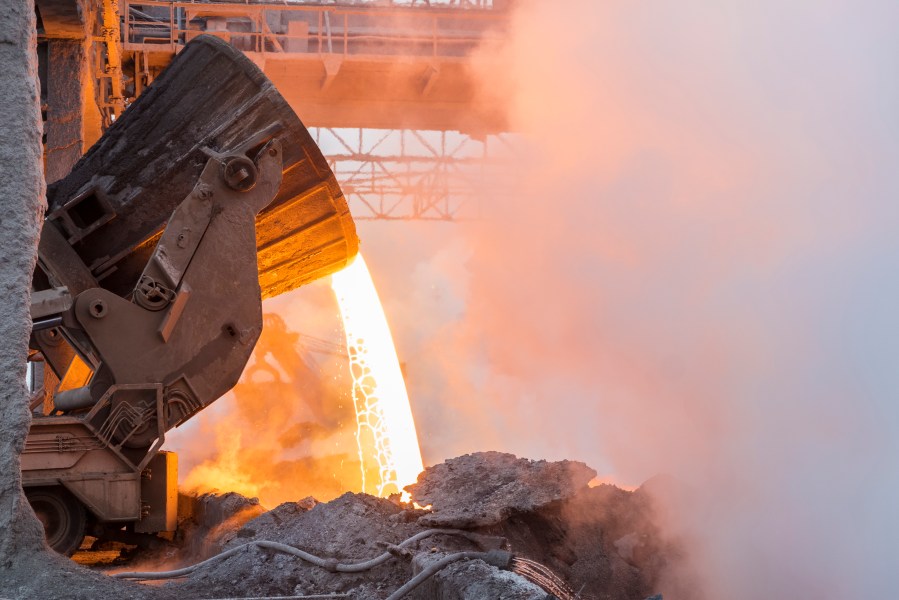How Did J.P. Morgan Treat His Workers?

J.P. Morgan did not treat workers well overall being the direct cause of falling wages and lack of regard for the health and safety of the workforces of his many companies, especially steel workers and miners, many of whom died while working at his facilities. The term “Morganization” was coined after his business practice of reducing workforce numbers and pay in order to dominate the competition.
Morgan was primarily responsible for the creation of U.S. Steel. This company was the first ever to reach $1 billion in value, and went on to dominate the market for a number of years.
Morgan was not averse to using underhanded methods to get what he wanted. He dodged Civil War conscription by paying someone else to take his place.
During the Civil War period, Morgan made a huge profit by selling cheaply bought and produced rifles, which was responsible for numerous injuries to the soldiers firing them.
Prior to the 1896 election, there was growing outrage at Morgan’s methods, as well as that of his contemporaries. Morganization led to a large number of deaths in the steel mills. In the 1896 presidential election, William McKinley, who was the Republican candidate backed by Morgan and other wealthy businessmen, defeated the Democratic candidate, William Jennings Bryan, who threatened to bring down the “robber barons.”





